-
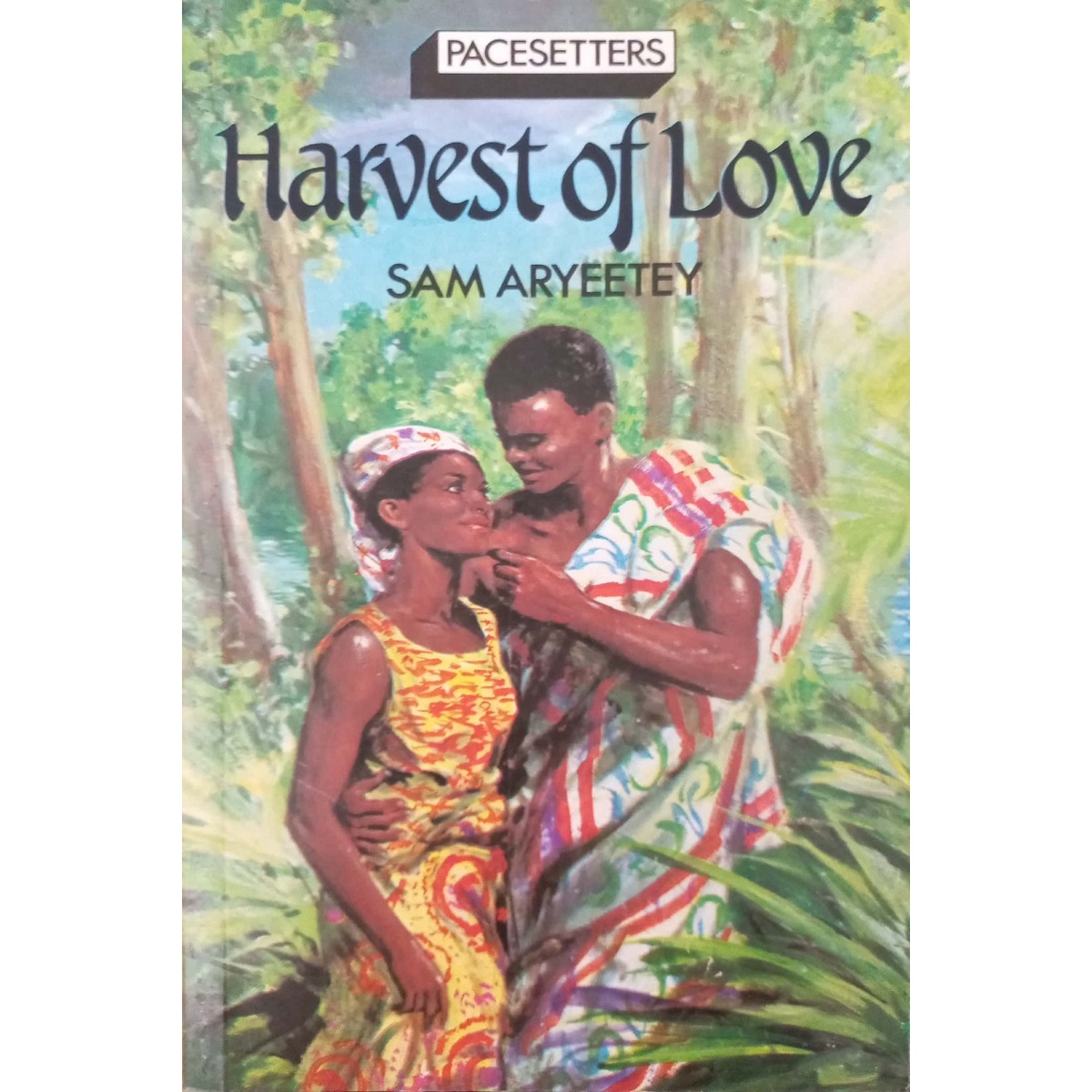
Harvest Of Love By Sam Aryeetey
₦2,000Naki and Padi are deeply in love and long to marry. Naki, however, must first go through the Dipo rites of initiation. Any girl who has been unchaste knows what the punishment has to be: banishment forever. Naki is pregnant – can she deceive the High Priest and keep the man she loves? Is there any future for their unborn child?
-
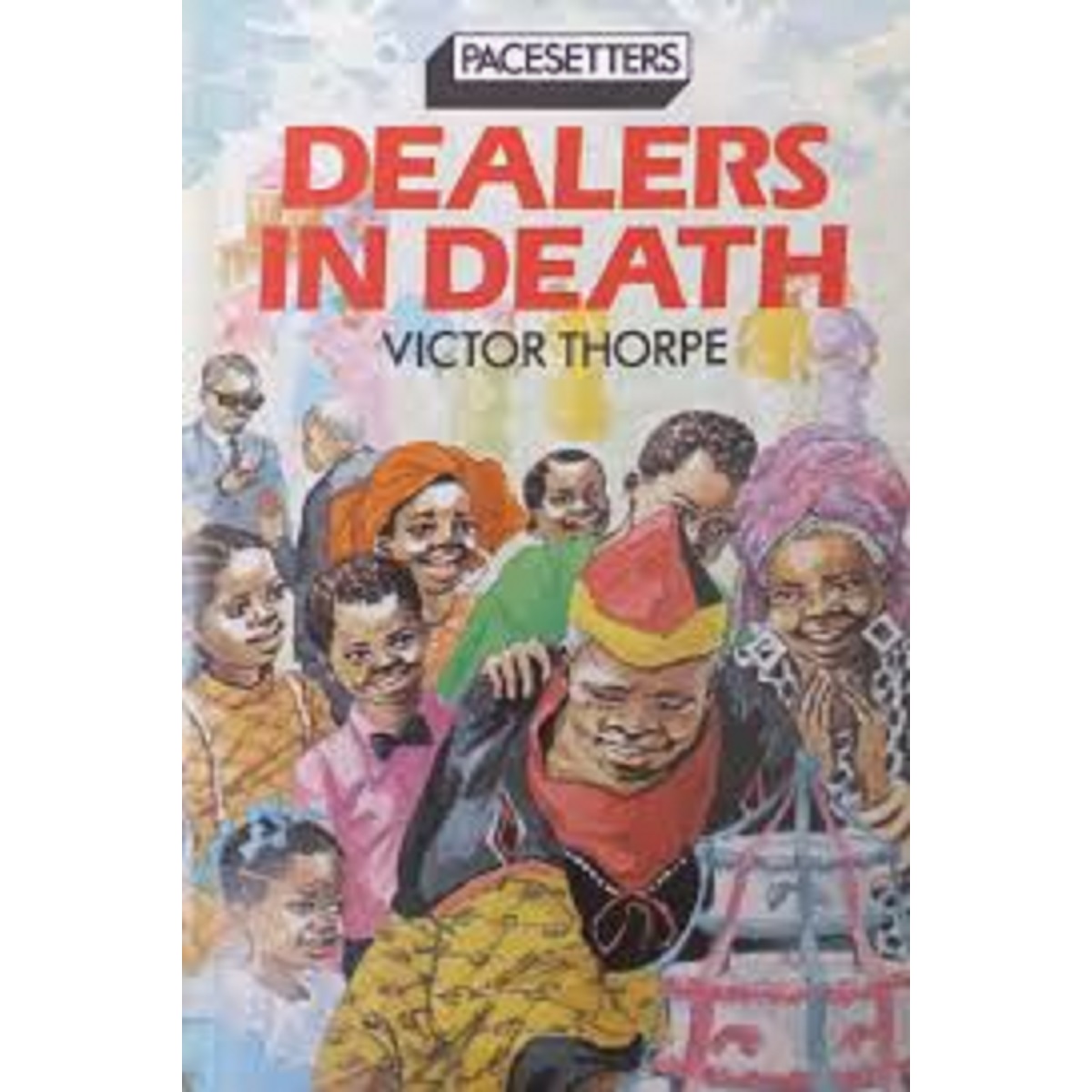
Dealers In Death By Victor Thorpe
₦2,000A grisly trade in kidnapped children leads Paul Okoro into the net of a chillingly cruel villain with a taste for the bizarre – black widow spiders. Paul finds himself in deadly danger with no apparent way out. Can Aimie, his wife or any of his friends find him and his baby son in time?
-
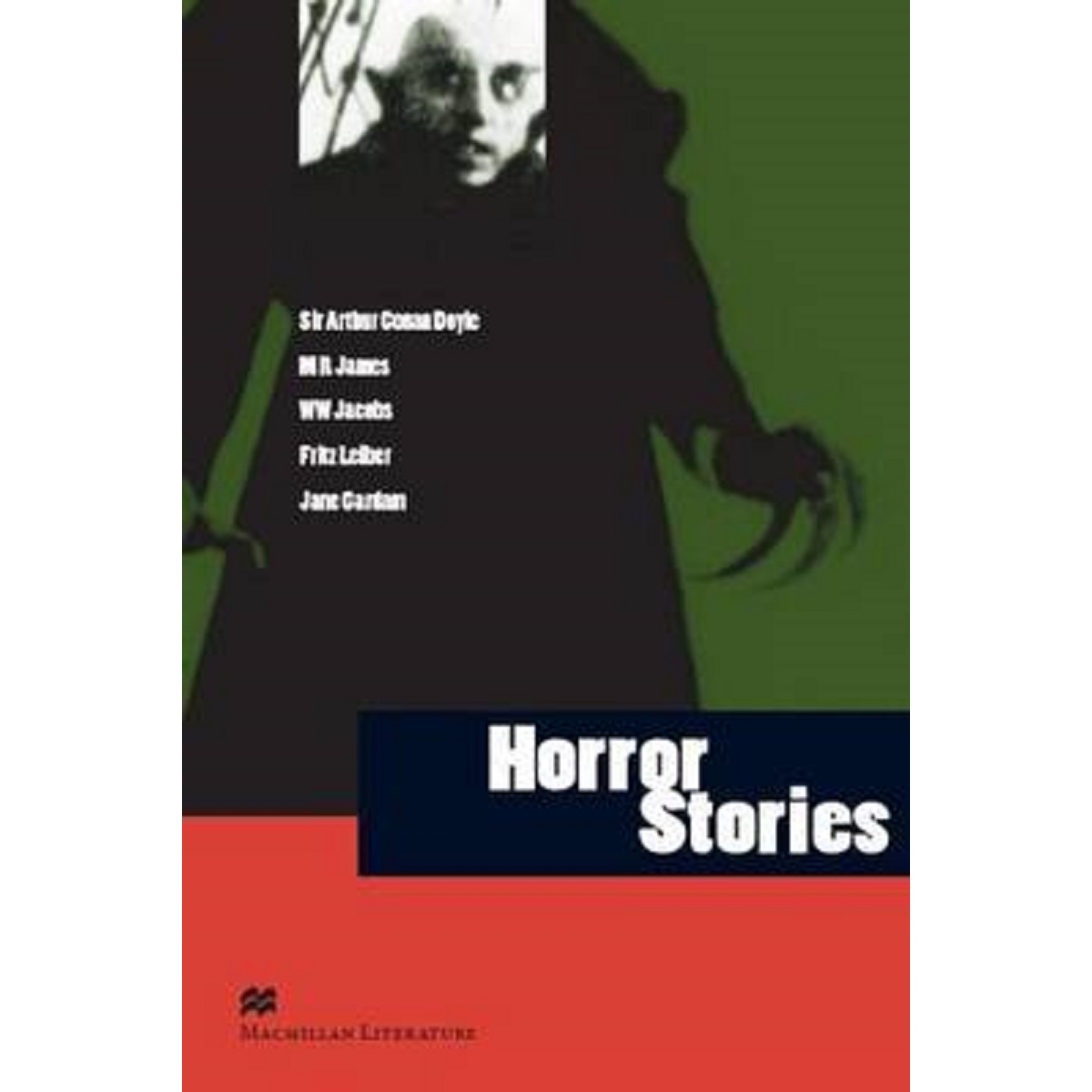
Horror Stories Macmillan Literature Collections
₦3,500Horror Stories Macmillan Literature Collections
-
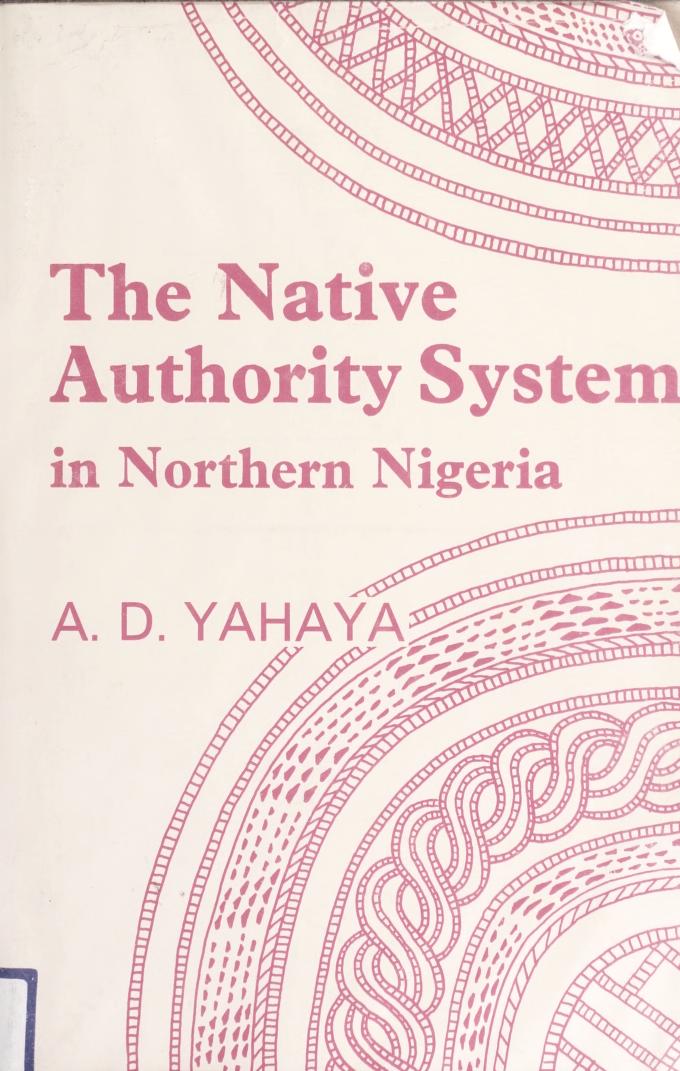
The Native Authority System in Northern Nigeria 1950 – 70 : A Study in Political Relations with Particular Reference to the Zaria Native Authority
₦6,000The Native Authority System in Northern Nigeria 1950 – 70 : A Study in Political Relations with Particular Reference to the Zaria Native Authority.
-

Listen to Your Heart – Writer’s Journal by Umm Zakiyyah
₦18,000Lined journal pages with inspirational writing quotes by Umm Zakiyyah, internationally acclaimed author and founder of UZ University.
-
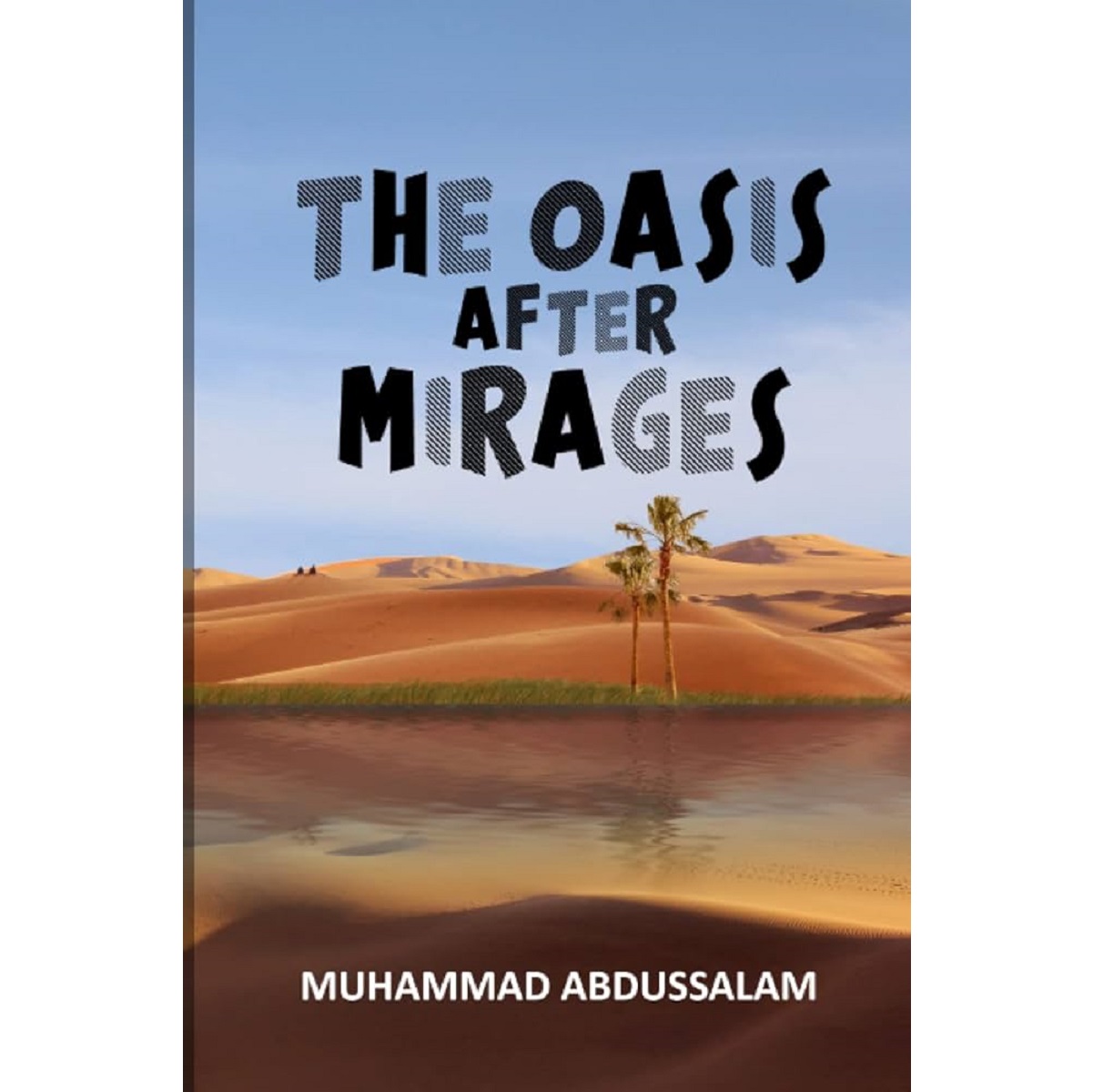
The Oasis After Mirages
₦8,500The Oasis after Mirages is a fictitious story capturing common hiccups faced in the quest of achieving one’s dream, especially as a girl-child. It reiterates the fact that success isn’t achieved easily, one needs to persevere during tough times. The book demonstrates that after feeling parched from a journey across the winding dunes of sand in the desert, there can be that fertile spot where water could be found – but that might come after encountering several mirages.
-
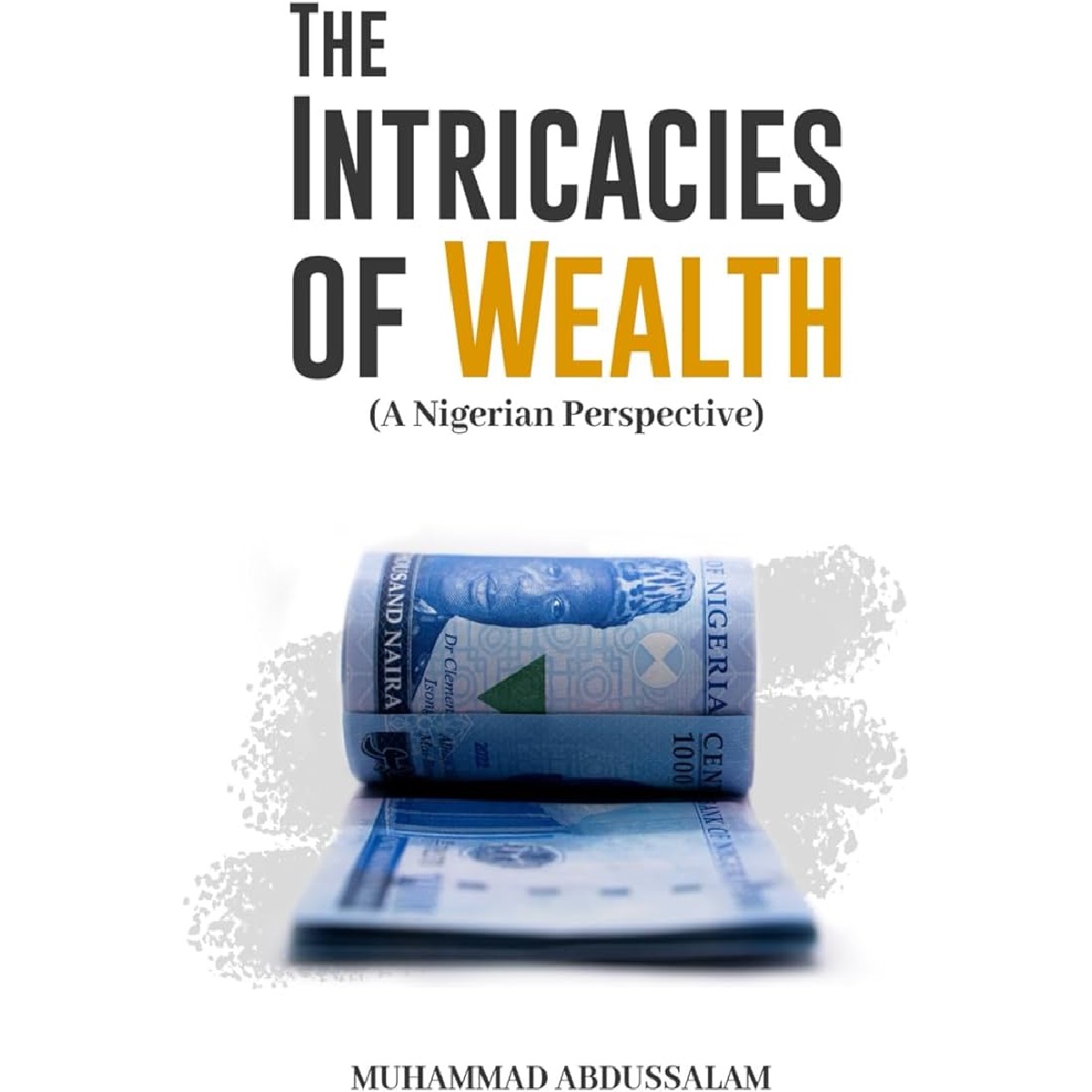
The Intricacies of Wealth: A Nigerian Perspective
₦25,000Money has become an important component of our contemporary world. Its intricate nature makes it a difficult topic to dissect. That’s why it is utterly important to understand it, understand your relationship with it, learn how to manage it better and learn how to control it and not allow it to control you. In this book, Muhammad explored the intricacies of money and by extension wealth, especially contextualizing it to Nigeria’s challenging economic reality. The challenge of living in an economy like Nigeria with copious predicaments ranging from low-paying jobs to high inflation, volatile exchange rates, and unstable macroeconomic variables, all make building wealth almost insurmountable.
Nevertheless, this book offers useful and practical tips towards wealth building. The book will take you through the journey of understanding the various macroeconomic variables, and how they trickle down to you as an individual and the country at large. I am not assuring you that by the end of the book, you will have learnt how to become wealthy. It is not a magic book on how to become wealthy. But you would learn some things that can be of great help. -

A Trail of Dreams Azizah Idris
₦12,000A woman’s journey to rebuild her life. A cousin’s dangerous love. An ex-husband’s vengeful plot.
In the bustling city of Bauchi, Hadiza Musa, a 26-year-old divorcée, embarks on a transformative journey of self-discovery far from her children and the scars of her failed marriage. Haunted by her past and struggling to trust men again, she finds solace in her education and strives to create a better future for her children.
Hadiza’s refuge is threatened by her cousin, Major Muzakkir Idris Kirfi, whose unwavering affection for her ignites a love that could unravel both their lives. Despite being married, his feelings for Hadiza create a whirlwind of emotions and complications, forcing her to confront her deepest fears and insecurities.
Just as Hadiza begins to find happiness, her vengeful ex-husband, Abdurrazaq Zanna, resurfaces with a sinister agenda. He teams up with an unexpected ally from the Kirfi family to set in motion a sinister plot to destroy Hadiza once and for all. With betrayal lurking in the shadows, Hadiza must summon the courage to protect herself and those she holds dear.
Will she dare to trust again? In this gripping tale of resilience and redemption, Hadiza’s journey is a testament to the strength of faith and the transformative power of love. But when faced with the ultimate betrayal, will Hadiza fight for her newfound dreams, or succumb to the shadows of her past?
-
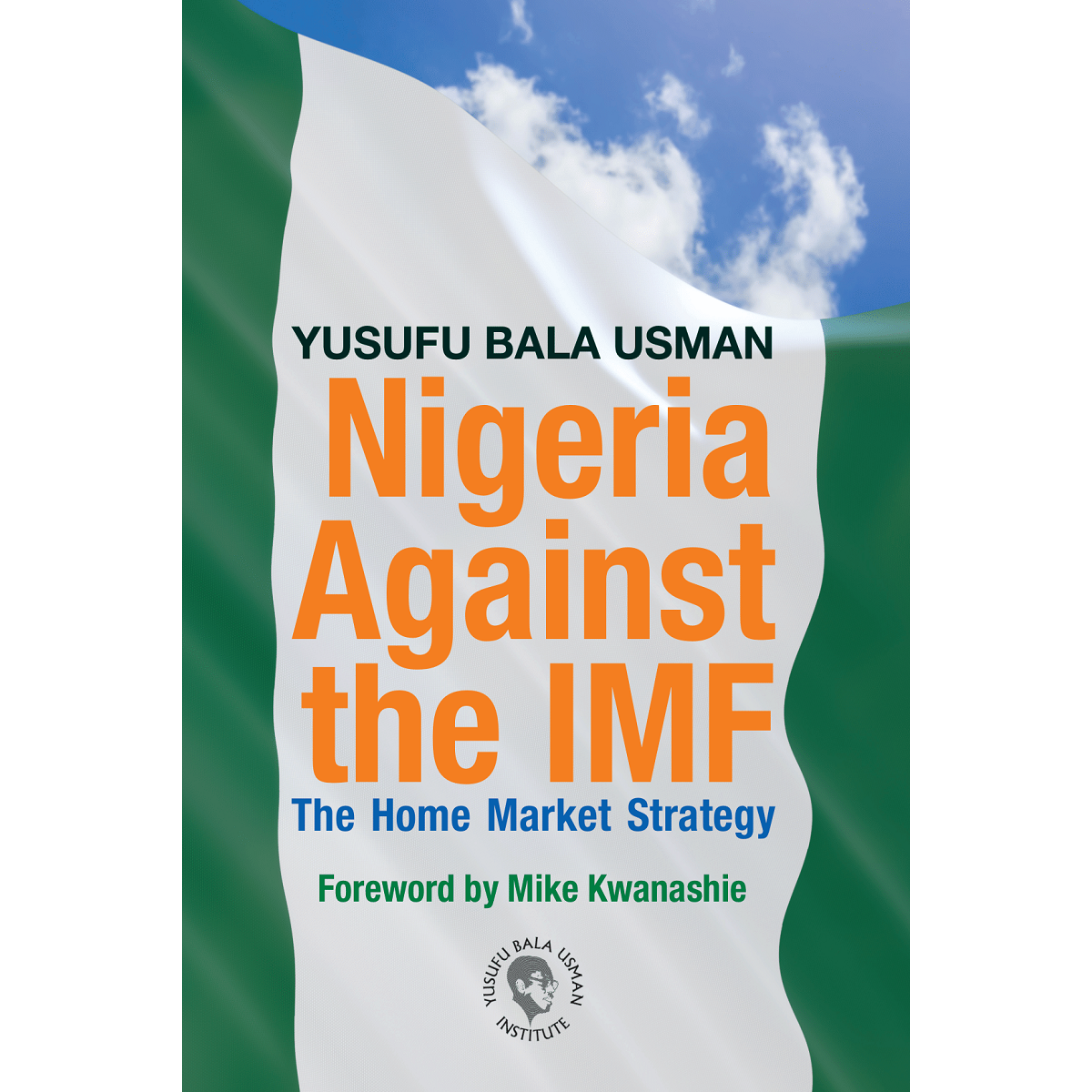
Nigeria Against the IMF
₦7,000Thirty-years after Yusufu Bala Usman published the book Nigeria Against the IMF: The Home Market Strategy, the analysis and conclusions of the book have remained so relevant to the current situation in Nigeria. Forty years after the World Bank/IMF influence on policy came to the forefront, the country is still struggling with the same challenges. The adoption of IMF conditionalities has not transformed the lives of most of the Nigerian people. Nigeria is today almost at the bottom of the world poverty index despite its massive natural resources and the ingenuity of her people. Fully enmeshed in the neo-liberal paradigm which the World Bank/IMF and other international lending agencies virtually imposed on the country in the 1980s, the economic condition of a large segment of Nigerians remains untouched by economic progress, not much better than when the book was first published. ‘The failure of the current structure to bring a substantial number of people out of poverty is inherent in the system. The continued marginalization of the Nigerian people is a direct result of the nature and structure of the Nigerian economy incorporated into a globalization process in which it has remained uncompetitive. Western-style capitalism has not created the wealth for the majority of Nigerians as its proponents have always insisted that it could. There are alternatives and Nigeria should interrogate them.’
-

For the Liberation of Nigeria
₦7,000I wish I knew Yusufu Bala Usman better. His stuff is so good; the best kind of lucid, outspoken, demystifying, vigorous, witty, radical writing. Whom among radical pamphleteers does he remind me of? Tom Paine? William Morris? Jamal Al-Din Al Afghani? Ho Chi Minh? Franz Fanon? Something of all of them. He certainly belonged to that honourable and honest tradition. When I first met him, several years ago at Ahmadu Bello University, Zaria, I was impressed by the depth and range of his historical understanding (he corrected some of my errors in regard to the history of Katsina, helpfully and politely). I did not then sufficiently realize that he was also a perceptive and critical Marxist, a splendid deflater of academic pomposities, a courageous opponent and analyst of the neo-colonial Nigerian state and its ruling class’. Professor Thomas Hodgkins renowned Africanist historian, reviewing For the Liberation of Nigeria, in Race and Class, Spring, 1980.
‘Usman’s method is always bold and serious. He seeks to unearth the roots of the profound crisis of structure and direction facing Africa today. His purpose is to fashion tools for total liberation. ‘Usman searchingly examines among others these questions: petroleum, the state of the nation, hospital fees, national unity, the manipulation of religion, transnational companies, trading-post agents, intermediaries, subservience to America, the constitution and minority report, foreign policy, intellectual robots, Arab-Israeli conflict, Angola, Zimbabwe, Mozambique and the struggle against racist South Africa. For Usman the future lies with the people, their consciousness and their struggle.’ – John La Rose, Founder of New Beacon Books and the George Padmore Institute, London.
-

The Historian And Society: Selected Historial Writings Of Yusufu Bala Usman
₦9,000The Historian and Society: Selected Historical Writings of Yusufu Bala Usman compiles some of the most influential and thought-provoking writings of Yusufu Bala Usman, one of Nigeria’s preeminent historians and scholars. This collection provides a comprehensive look at Usman’s scholarly contributions, highlighting his unique perspectives on Nigerian history and his critical approach to historical analysis.
Usman’s work is renowned for its rigorous examination of historical events and its focus on the socio-economic and political dimensions of history. This volume showcases his commitment to uncovering the complexities of Nigeria’s past and offers insights into the broader implications of historical developments on contemporary society.
Key themes covered in the book include:
Historical Methodology: Usman’s approach to historiography and his innovative methods for analyzing historical sources and contexts.
Colonial and Post-Colonial History: Analysis of Nigeria’s colonial legacy and its impact on the post-colonial state, including socio-economic and political changes.
Political Economy: Examination of the economic and political structures of Nigerian societies and how they have evolved over time.
Social Structures: Exploration of traditional and contemporary social structures and their role in shaping historical narratives.
Critical Perspectives: Usman’s critiques of mainstream historical interpretations and his contributions to alternative historical perspectives.
The Historian and Society serves as an essential resource for historians, scholars, and students interested in Nigerian history and historiography. It reflects Yusufu Bala Usman’s profound influence on the field of history and his enduring legacy as a critical thinker and historian. -
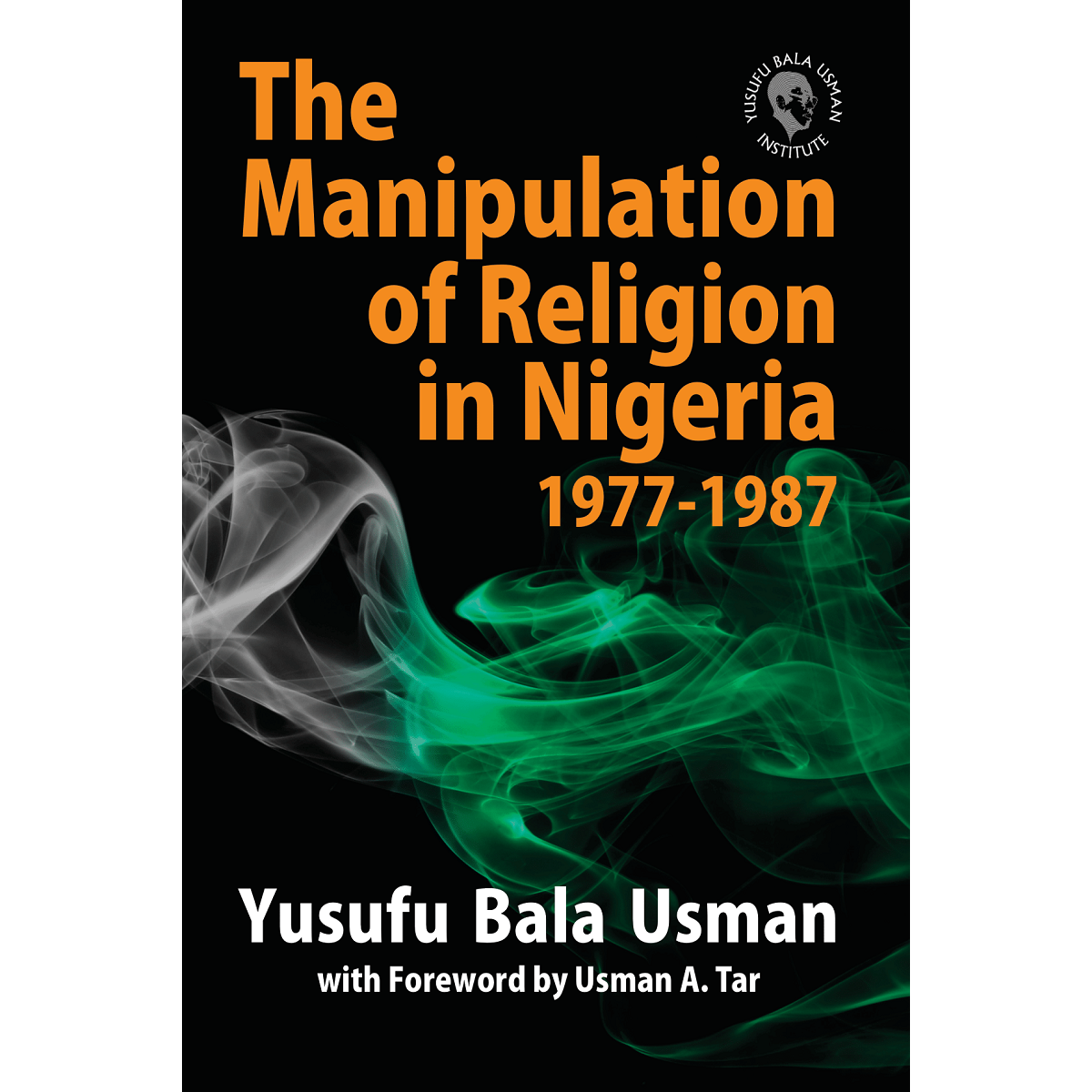
The Manipulation of Religion in Nigeria 1977-1987
₦7,000The real basis of the manipulation of religion in Nigeria today is the need to obscure from the people of Nigeria a fundamental aspect of our reality: that is the domination of our political economy by a class of intermediaries who are being increasingly exposed. And this is to enable this class to cover themselves with religious and ethnic disguises in order to further entrench division among our people, slow down their awakening, at any cost; even the unity of our country, for which so much has been sacrificed. – Yusufu Bala Usman, 1987, The Manipulation of Religion in Nigeria 1977-1987.
Nigerians may be the “most religious people on earth”, as a BBC worldwide survey once concluded. However, while the generality of Nigerians express a deep attachment to some form of religious belief, the religiosity of the Nigerian political class is often based on expediency and egocentrism rather than a commitment to the principles of either Christianity or Islam. What is more, citizens have failed to detect, much less react to, the manipulation of religion – with telling consequences on the pattern of elections, the structuring of national security, economic relations and socio-cultural cohesion throughout the country. All the claim to piety is hollow, and has not stopped the political class from political perfidy and massive economic fraud, such that, ironically, the country that is “most religious” is also among the “most corrupt” in the world, as various corruption surveys by Transparency International have shown. – Usman A. Tar, 2020, Foreword to The Manipulation of Religion in Nigeria 1977-1987. ’
